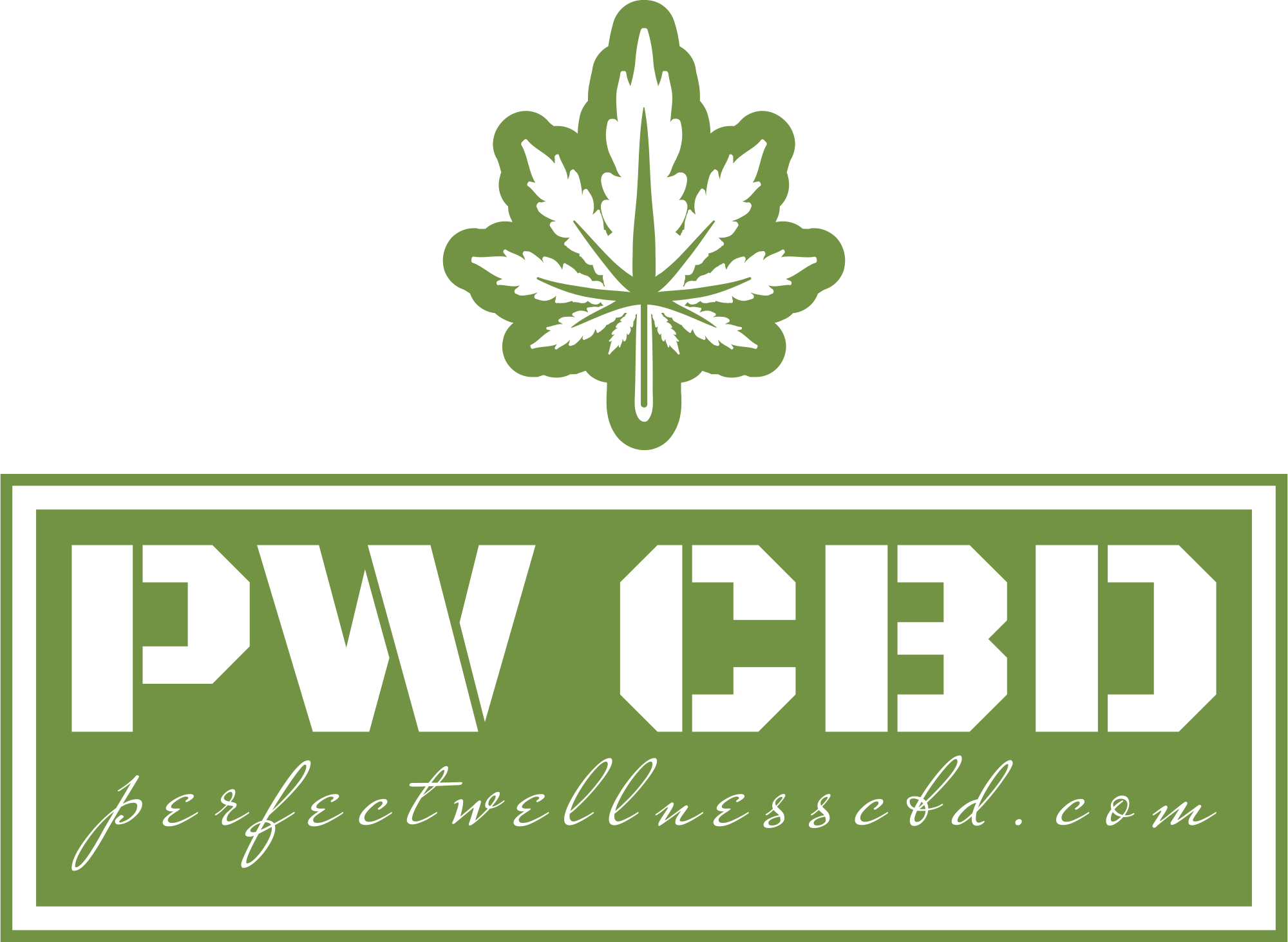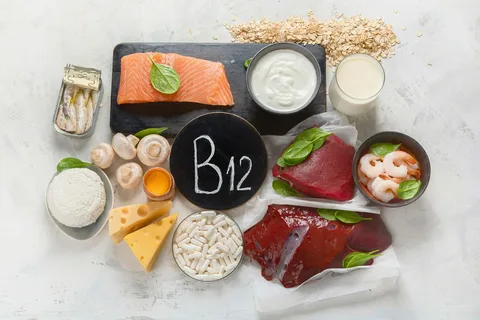Vitamin B12 is a crucial nutrient that plays a significant role in various bodily functions, including red blood cell formation, neurological function, and DNA synthesis. While it’s commonly found in animal products, vegetarians and vegans may struggle to obtain adequate amounts through diet alone. This guide will explore natural sources of vitamin B12 and strategies to increase your intake.
Understanding Vitamin B12
Vitamin B12, also known as cobalamin, is water-soluble and essential for several physiological processes. It’s particularly vital for:
- Red Blood Cell Formation: B12 is necessary for the production of red blood cells, which carry oxygen throughout the body.
- Neurological Function: It supports nerve function and helps maintain the myelin sheath, which insulates and protects nerves.
- DNA Synthesis: B12 is involved in the synthesis of DNA, the genetic material in all cells.
The body stores vitamin B12 in the liver, which can supply several years’ worth of reserves. However, inadequate intake over time can lead to deficiency, which may manifest as fatigue, weakness, neurological changes, and even anemia.
Natural Sources of Vitamin B12
Vitamin B12 is primarily found in animal products, which naturally contain the vitamin or are fortified with it. Here are the main sources:
- Meat: Beef, liver, and other organ meats.
- Poultry: Chicken, turkey, and duck.
- Fish and Seafood: Salmon, trout, tuna, clams, and oysters.
- Dairy Products: Milk, cheese, and yogurt.
- Eggs: Especially the yolk.
For vegetarians and vegans, obtaining sufficient vitamin B12 can be challenging since plant-based foods do not naturally contain it. However, some fortified foods and supplements can help meet their needs.
Increasing Your Vitamin B12 Intake Naturally
Dietary Strategies
1. Consuming Animal Products
Animal products are the most reliable sources of vitamin B12. Include the following in your diet:
- Lean Meats: Opt for lean cuts of beef, pork, and lamb.
- Poultry: Choose chicken or turkey, preferably without the skin.
- Fish: Include fatty fish like salmon and trout for additional omega-3 fatty acids.
2. Incorporating Dairy and Eggs
Dairy products and eggs also provide vitamin B12:
- Milk and Yogurt: Choose fortified varieties when available.
- Cheese: Especially Swiss, mozzarella, and cottage cheese.
- Eggs: Consume whole eggs, as the yolk contains vitamin B12.
3. Including Fortified Foods
Certain plant-based foods are fortified with vitamin B12, making them suitable for vegetarians and vegans:
- Fortified Plant Milk: Look for varieties that are fortified with vitamin B12, such as soy or almond milk.
- Nutritional Yeast: Often fortified with vitamin B12, nutritional yeast can be sprinkled on foods like popcorn or mixed into sauces.
Lifestyle and Cooking Tips
4. Cooking Techniques
To preserve vitamin B12 content in food:
- Avoid Overcooking: Cook meat, fish, and eggs gently to retain nutrients.
- Minimize Water Use: When boiling or steaming foods, use minimal water and consume the cooking liquid.
5. Food Combinations
Pair foods rich in vitamin B12 with those that enhance absorption:
- Vitamin C: Consume fruits or vegetables high in vitamin C alongside meals to aid iron absorption, indirectly supporting B12 utilization.
- Probiotics: Foods like yogurt with active cultures may improve B12 absorption.
Supplements and Considerations
6. Vitamin B12 Supplements
When dietary intake is insufficient, consider supplements:
- Types: Cyanocobalamin and methylcobalamin are common forms; consult a healthcare provider for guidance on dosage.
- Frequency: Regularly take supplements as prescribed or recommended.
7. Absorption Factors
Certain conditions affect B12 absorption:
- Age: Older adults may have reduced stomach acid, affecting B12 absorption.
- Gastrointestinal Disorders: Conditions like celiac disease or Crohn’s disease may impair absorption.
Frequently Asked Questions (FAQs)
Can I get enough vitamin B12 from plant-based sources alone?
While challenging, it’s possible with fortified foods like plant milks and nutritional yeast. Supplements are often recommended for strict vegans.
What are the symptoms of vitamin B12 deficiency?
Common signs include fatigue, weakness, tingling sensations, and cognitive difficulties. Severe deficiency can lead to anemia and neurological problems.
How often should I have my vitamin B12 levels checked?
Annual checks are advisable, especially for older adults, vegetarians, and those with gastrointestinal conditions.
Are there any risks associated with too much vitamin B12?
There are generally no adverse effects from high B12 intake due to its water-soluble nature. Excess is usually excreted in urine.
Can vitamin B12 supplements interact with medications?
Certain medications like proton pump inhibitors (PPIs) and metformin may affect B12 absorption or require adjusted dosages.
Should I take vitamin B12 supplements if I’m pregnant?
Yes, adequate B12 intake is crucial during pregnancy for fetal development. Consult your healthcare provider for appropriate supplementation.
Are there natural ways to boost B12 absorption?
Consuming foods high in vitamin C and maintaining healthy gut flora with probiotics may enhance B12 absorption.
Can cooking methods affect vitamin B12 content?
Overcooking or boiling foods for extended periods can reduce B12 levels. Opt for gentle cooking methods to preserve nutrients.
How can I ensure my child gets enough vitamin B12?
Include dairy, eggs, and fortified foods in their diet. Consult a pediatrician for recommendations on supplements if needed.
What should vegetarians and vegans know about vitamin B12?
They must rely on fortified foods or supplements since plant-based diets do not provide sufficient B12 naturally.
- Profhilo Treatment Near Ranmore, Surrey - May 31, 2025
- How To Use CBD Vape Pens For Effective Stress Management Throughout The Day? - May 30, 2025
- Sculptra Surrey – Collagen Stimulation Therapy Near Farleigh, Surrey - May 30, 2025


